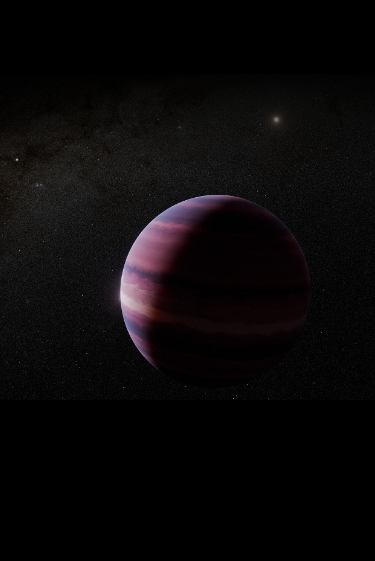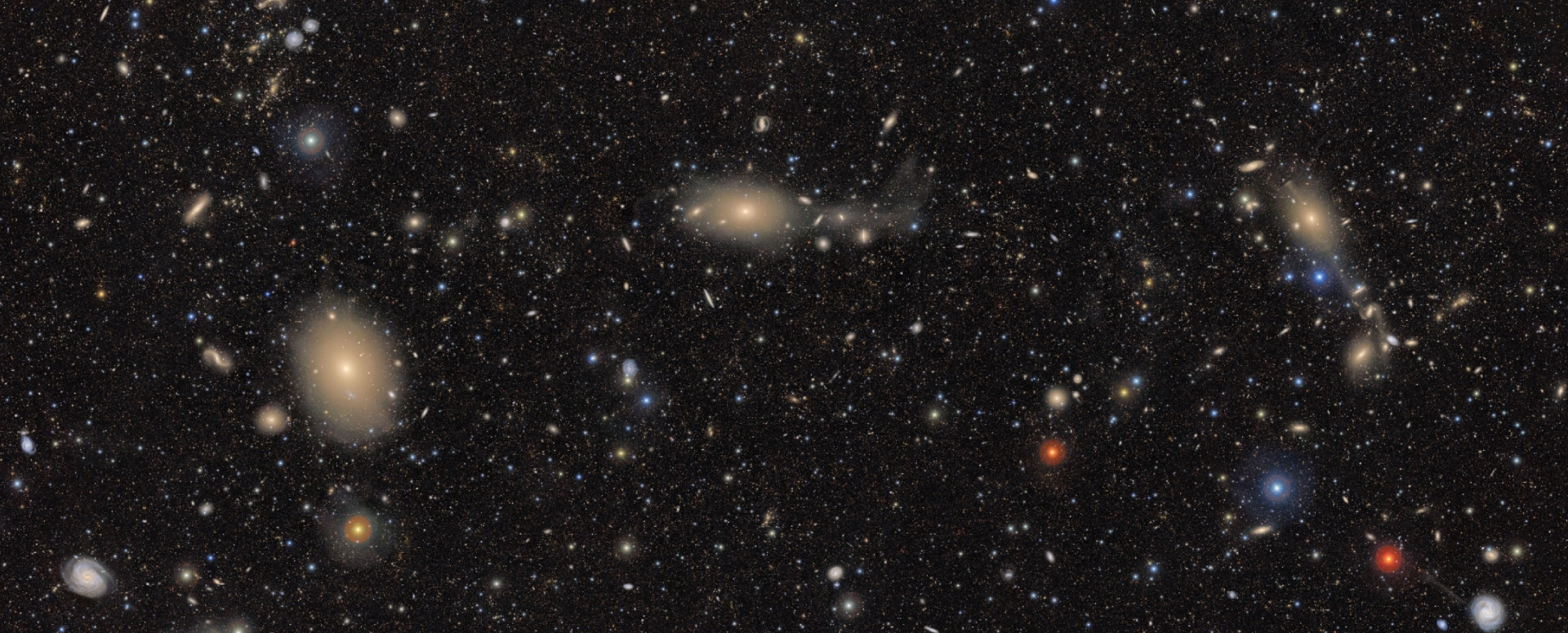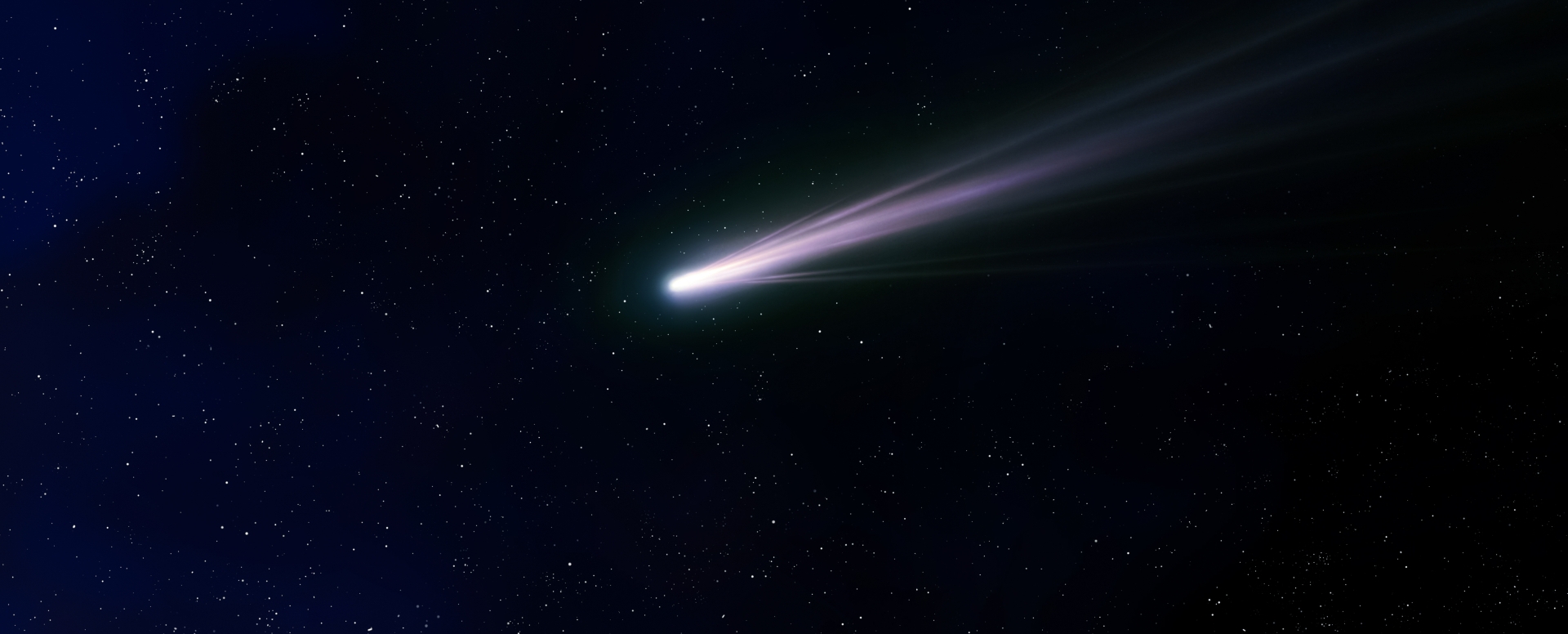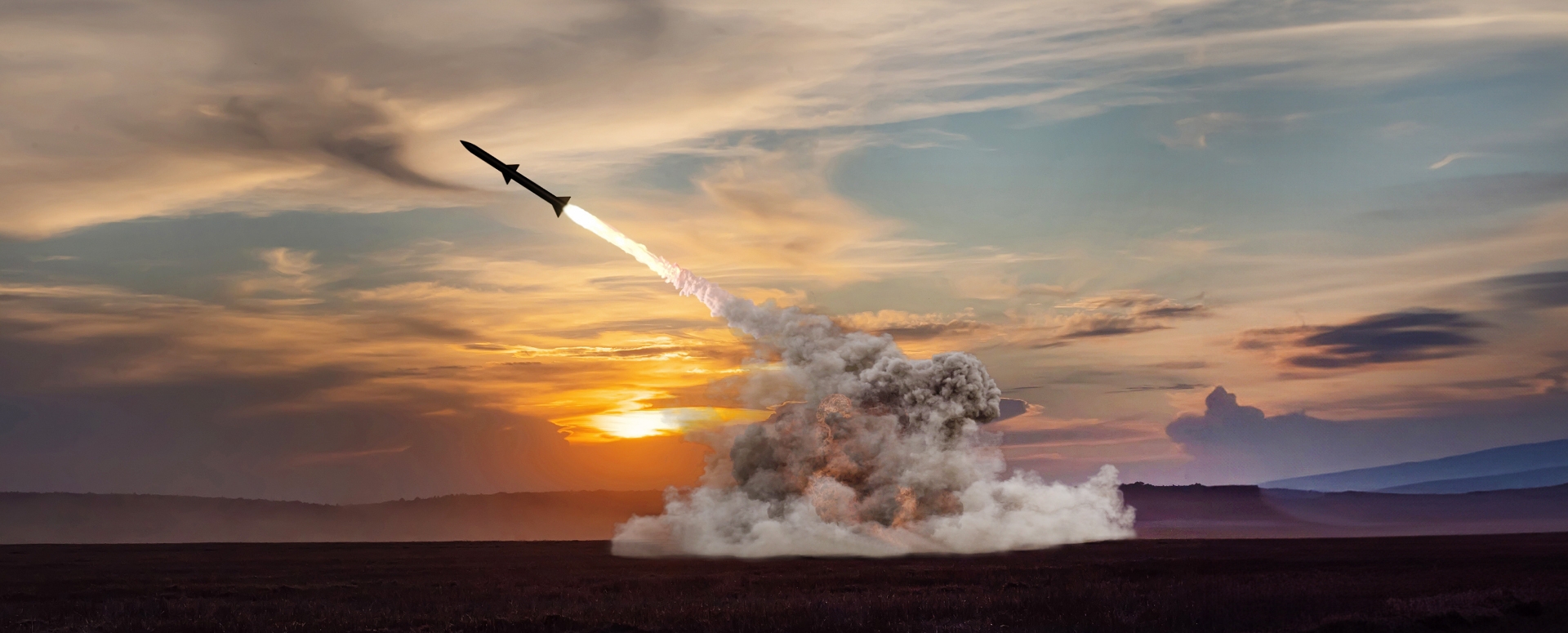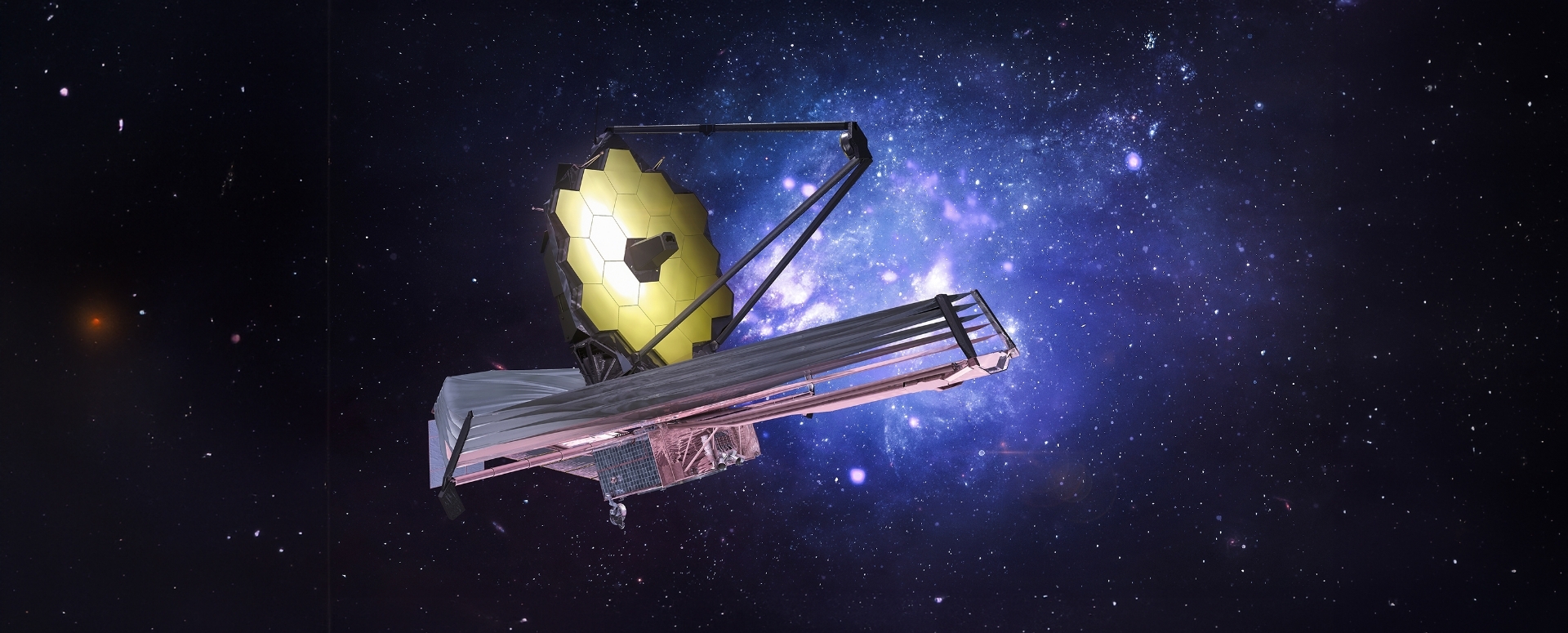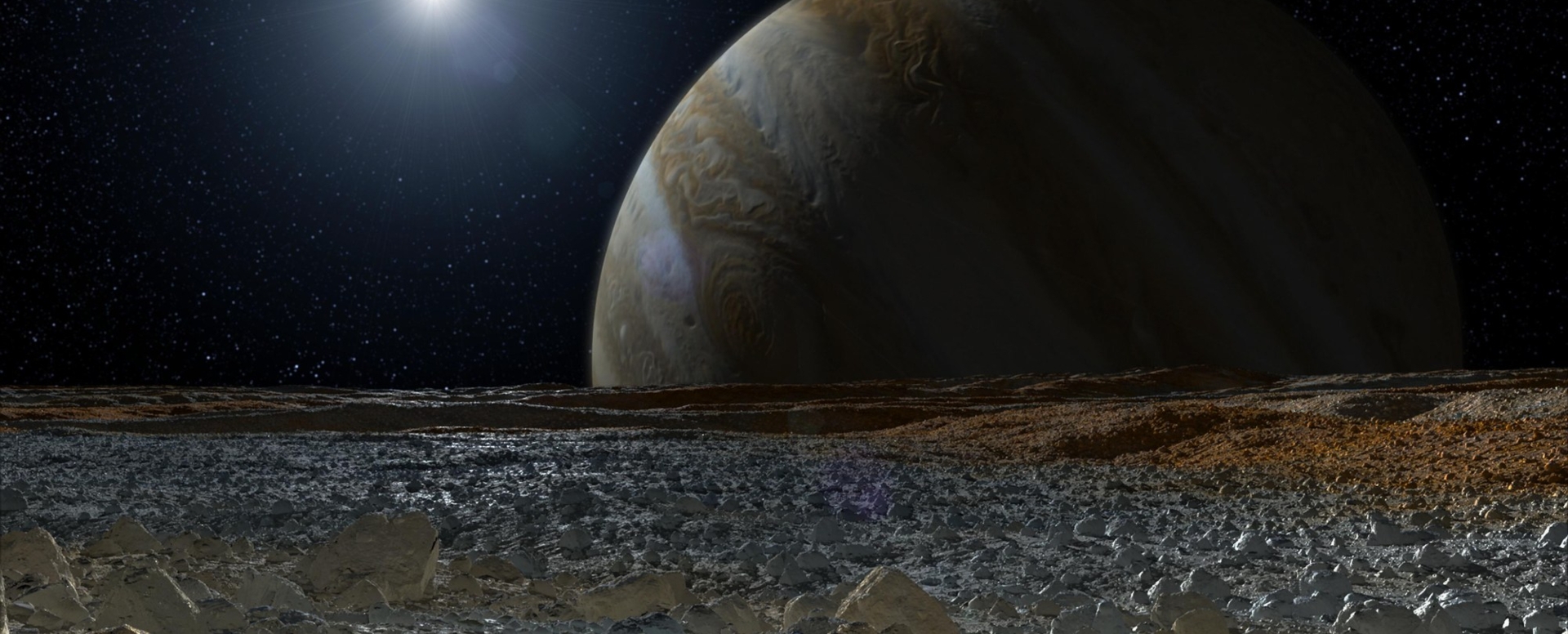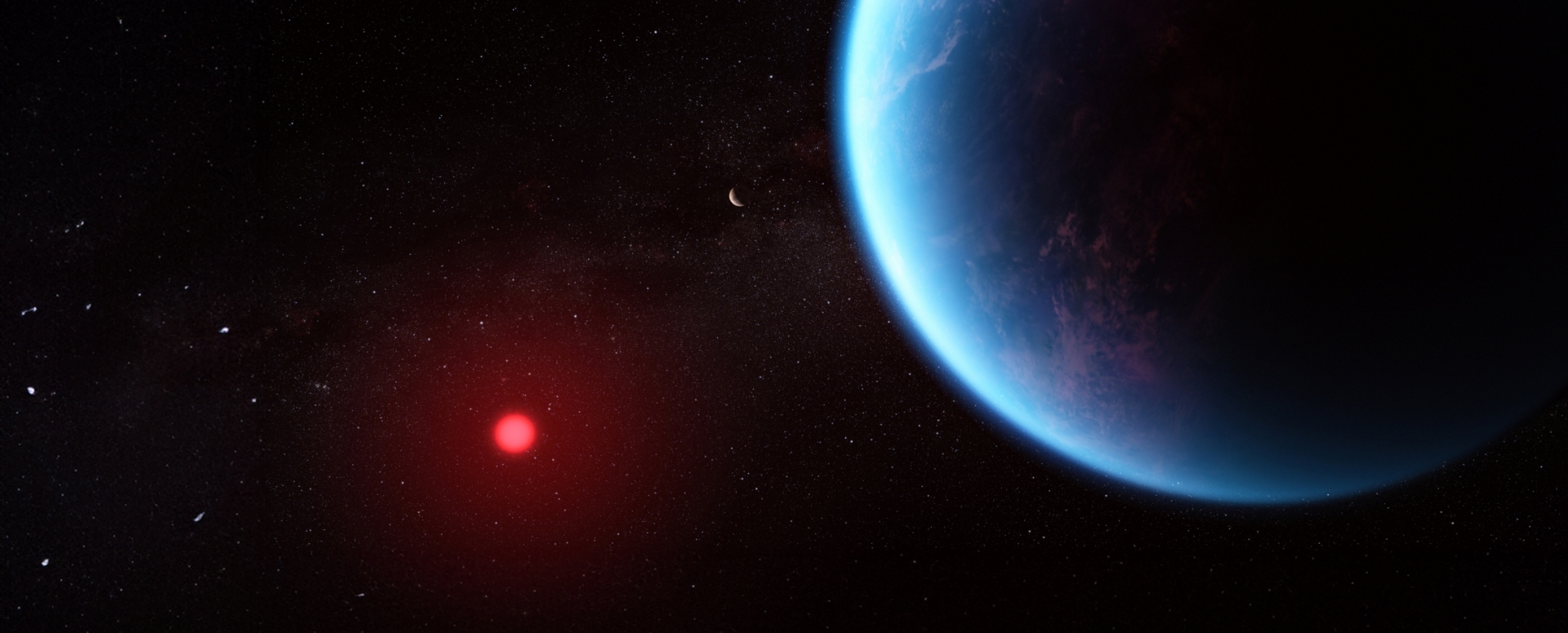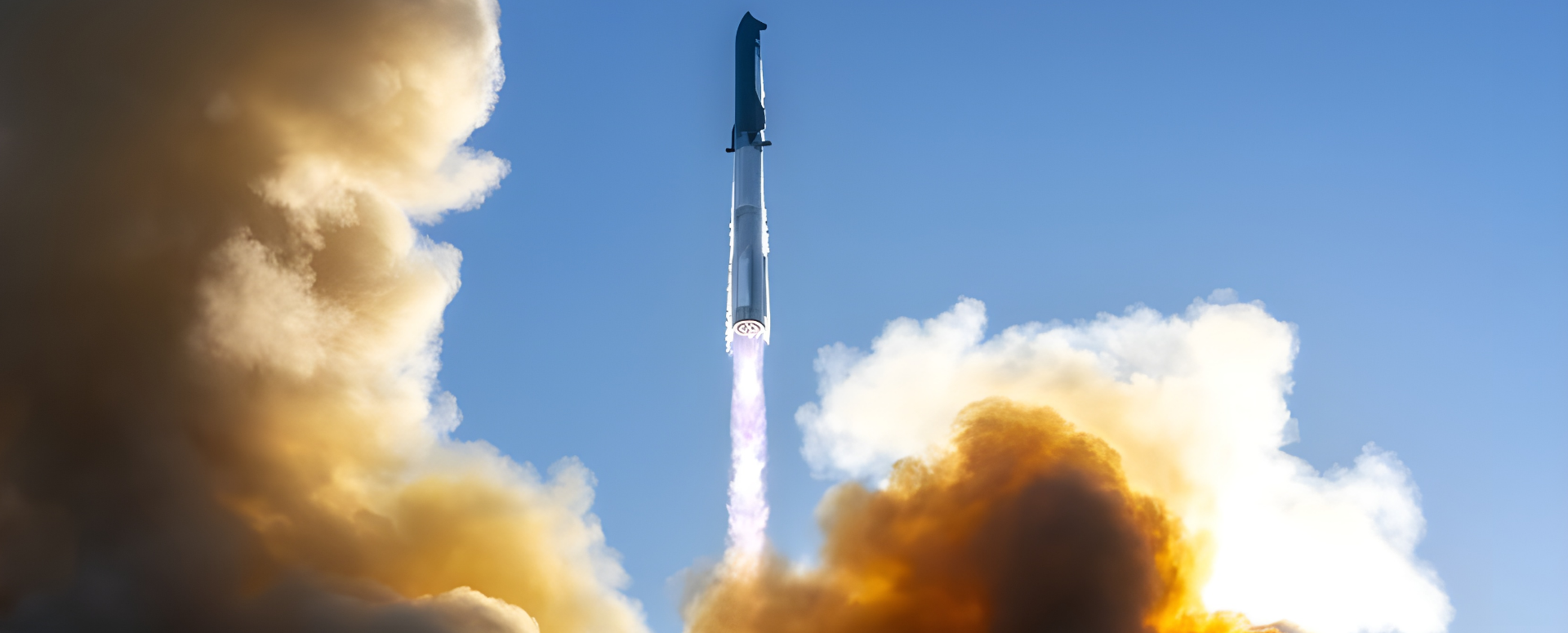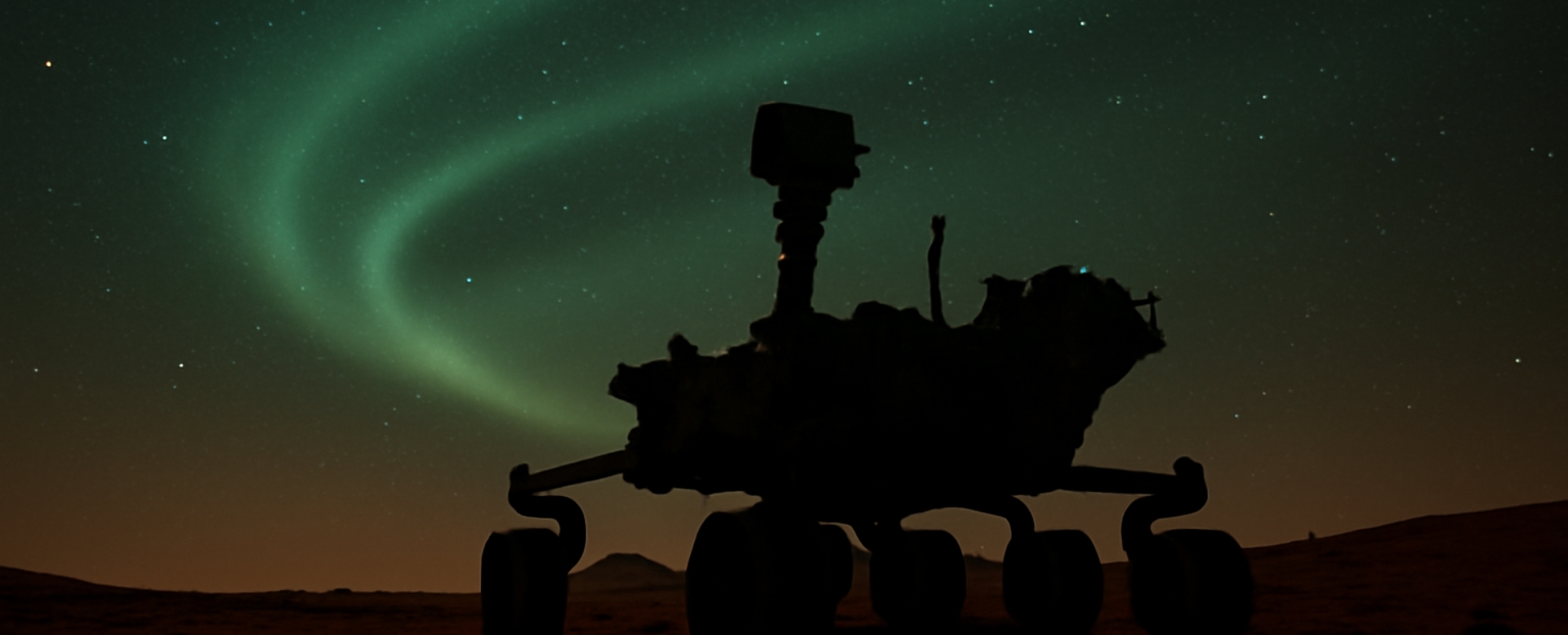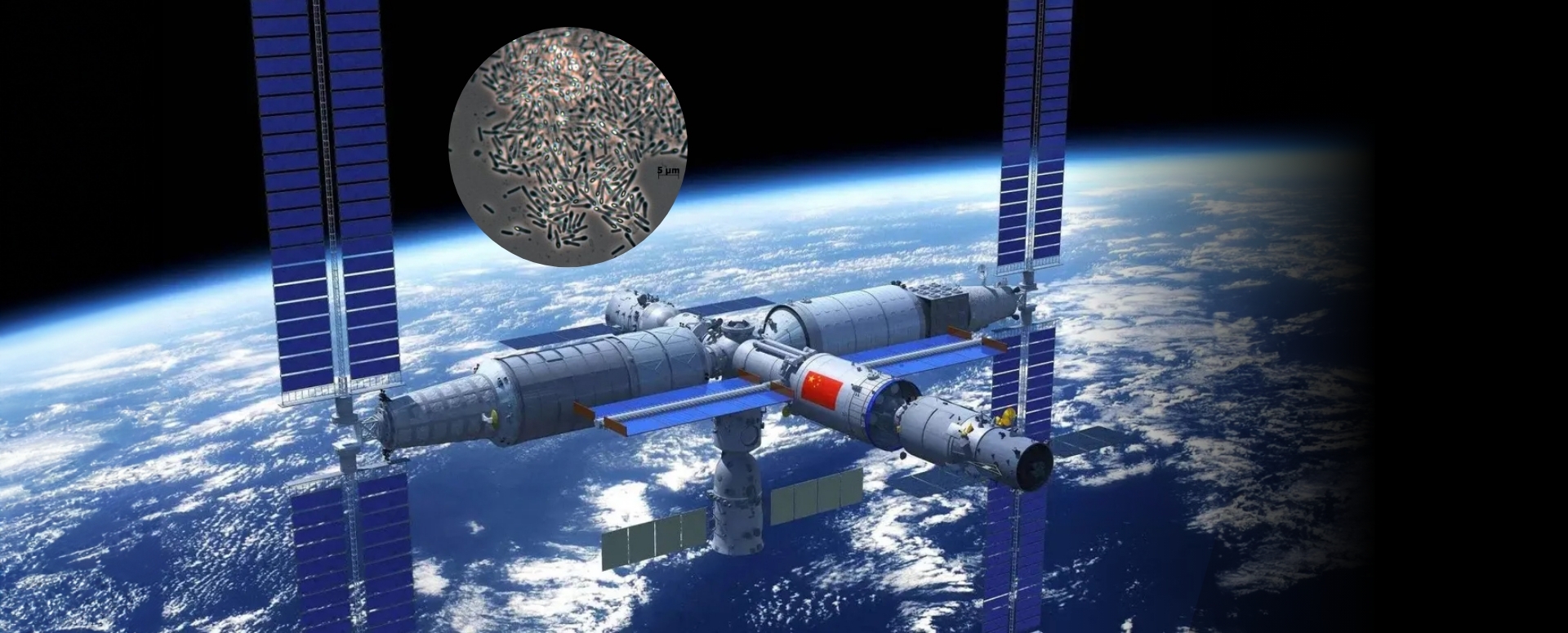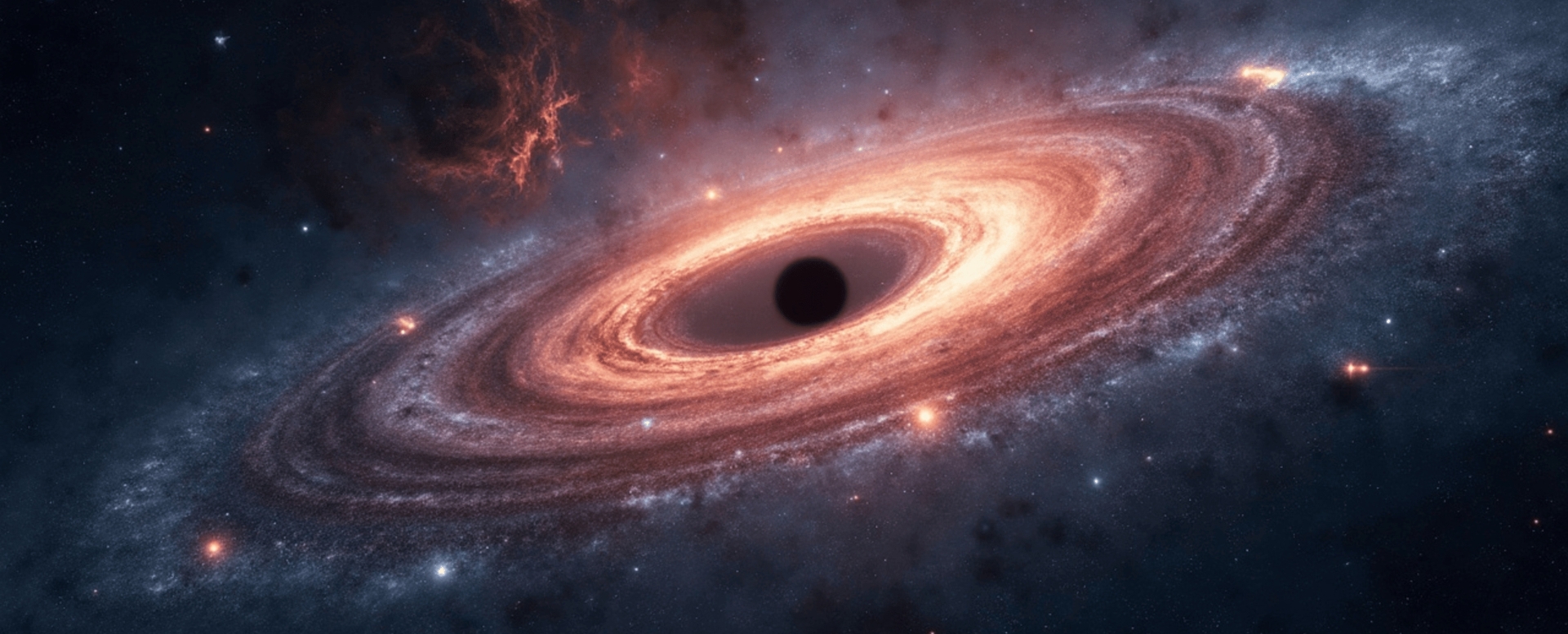Space
Prestigious Appointment for Israeli Astronaut: This Week in Space
Israeli astronaut Eytan Stibbe was appointed Honorary President of the International Space University, a hidden companion star has been found near Betelgeuse, and ESA has successfully tested the massive parachutes for its future Mars rover. This Week in Space.
The Strange World of Science Deniers
In today’s social media-driven world, conspiracy theorists and pseudoscience advocates find fertile ground to spread misinformation and resurrect long-debunked ideas – ranging from flat Earth beliefs to outdated geocentric models – that science laid to rest centuries ago.
Missed Shots and Milestones: This Week in Space
Disappointment as the continuation of the Israeli experiment to photograph sprite lightning from space comes back empty-handed, another delay for Boeing’s spacecraft, a travel record on Mars, and the birth of new planets. This Week in Space
First Woman Appointed to Lead the Israel Space Agency
Dr. Shimrit Maman has been appointed chair of the Israel Space Agency — the first woman to hold the position following three male predecessors.
“At this time, we are facing significant challenges,” said Maman upon her appointment.
Israeli Science Joins a Global Space Effort: This Week in Space
Private astronauts arrived at the International Space Station, continuing a long-standing Israeli research initiative. A European spacecraft was lost during reentry, a U.S. solar probe completed another close pass by the Sun, and a new telescope began its mission to map the skies. This Week in Space
The History of Missiles and Rockets: From Ancient China to Iran and Mars
For centuries, missiles and rockets have played a dual role in human progress—sometimes advancing science, but more often serving as instruments of destruction. How were these technologies developed? What are they capable of? And how do we defend against them?
Amino Acids and a New Dwarf: This Week in Space
An Israeli study suggests a new way to detect life on Jupiter’s moon Europa. A new dwarf planet has been identified at the edge of the solar system. China launches a mission to collect asteroid samples, and Starship makes slow progress, despite a fiery end. This Week in Space
Fading Hopes for Life on Exoplanet K2-18b
Researchers recently reported the discovery of a biological molecule in the atmosphere of a distant exoplanet – raising excitement about the possibility of life beyond Earth. However, a series of new studies casts significant doubt on the likelihood of life there.
Major Space Milestone for Israeli Company: This Week in Space
Ramon.Space makes headlines with a multi-million-dollar satellite computer deal, another Starship test launch approaches, Venus shows signs of tectonic activity, and new findings suggest the universe’s end may come sooner than expected. This week in space.
